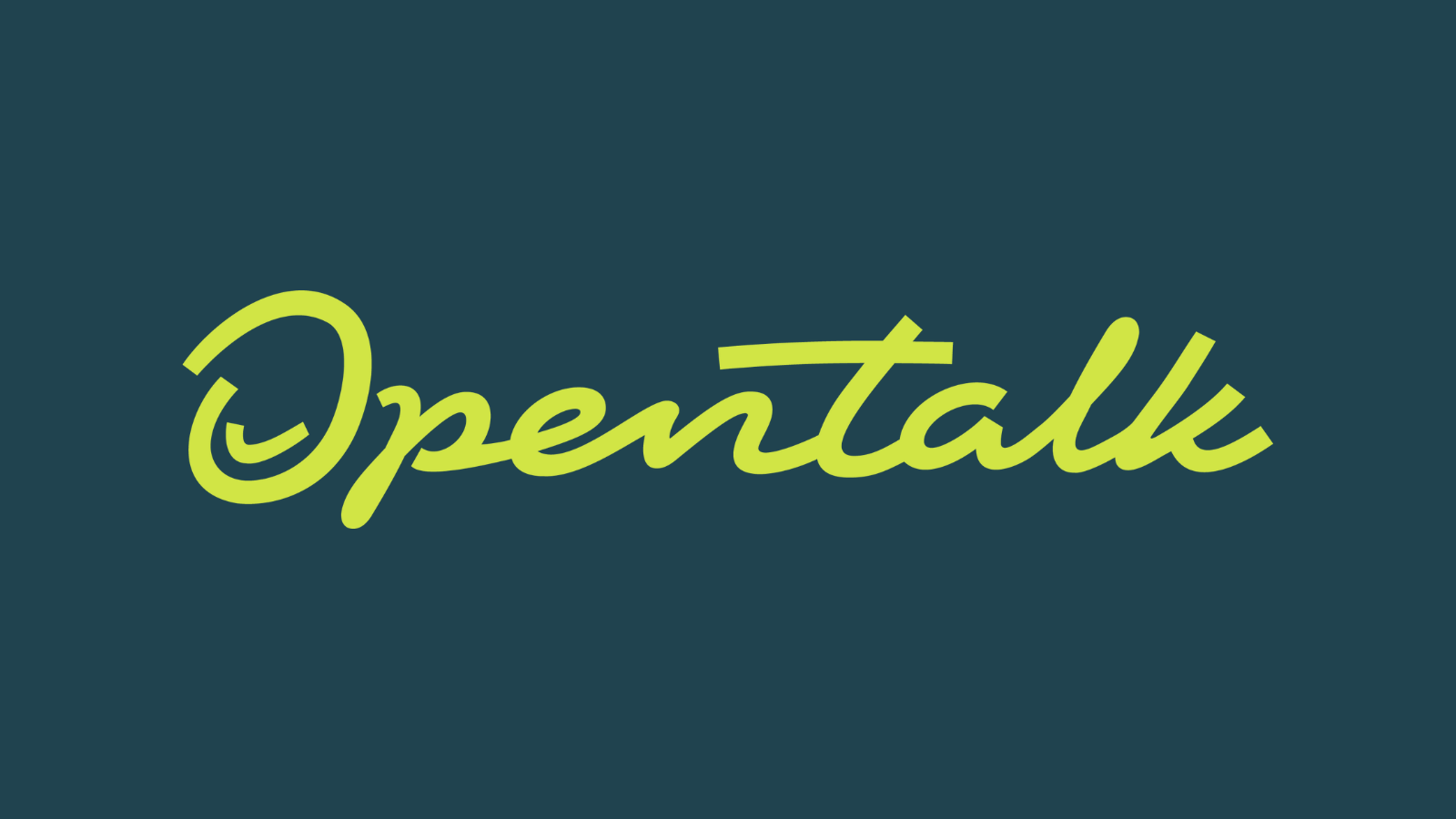5 questions on the procurement of open-source software in the public sector

In our series “5 Questions about..”, our experts provide answers to important topics related to OpenTalk, open source software, digital sovereignty and current industry trends.
This time with: Daniel Zielke, Director of Strategic Partnerships.
After working in journalism and politics, Daniel Zielke focused on public procurement and the digitalization of administration and worked on this topic in various open source companies and associations. Now he is Director of Strategic Partnerships at OpenTalk and Heinlein Support. He answers 5 questions for us about the procurement of open source software in the public sector:
How can the use of open source software strengthen the digital sovereignty of public administrations?
Open Source Software (OSS) strengthens digital sovereignty because it gives administrations full control over the source code. This enables them to adapt the software to specific needs and to operate it independently of large IT providers. OSS reduces the risk of vendor lock-in because administrations are not tied to a single provider. In the context of data security and long-term sustainability, OSS also offers sustainable and transparent solutions for public administrations.
What steps do public administrations need to take to make procurement procedures for open-source software transparent and legally compliant?
To ensure a transparent and legally watertight procurement process, public authorities must first clearly define the service to be procured, whether technical or functional. The choice of procurement type depends on the realistic cost estimate, which in turn determines the choice of the appropriate procedural type. Within the scope of the right to determine the service, the client can procure OSS in a targeted manner. In addition, the client should define specific requirements for support, training and quality assurance to ensure legal certainty.
What practical tips are there for ensuring that the call for tenders for open-source software meets the requirements?
The most important tip is that the client knows exactly what requirements the software to be procured must meet, including data protection requirements. A market survey can help before the procurement procedure, both to obtain a market overview and to make realistic cost estimates. In addition, the client should define clear requirements for warranty, liability, support and maintenance. In cases where personal data or confidential information is processed, the No-Spy Decree should be included as a criterion in the tender.
What advantages do open-source solutions offer compared to proprietary software?
Open-source solutions offer significant advantages: no license costs, high flexibility in adapting and using the source code, and avoiding dependencies on proprietary providers. Administrations can freely design their IT strategy without being constrained by manufacturers, while customization enables individual solutions. OSS also creates more transparency because the code is openly accessible. This reduces costs in the long term and administrations have the freedom to switch between IT service providers.
What are the special features of OSS tenders that public clients should pay attention to?
EVB-IT contracts are often not optimal for OSS solutions. Clients should be prepared to include the contractor's terms and conditions in the contract. In addition, you should be aware of the flexibility of customization when obtaining OSS. OSS projects usually offer more scope for customization than proprietary software solutions. The client must therefore be aware of how the software is integrated into existing systems and what adjustments need to be made.
More articles
Digitaler Staat 2026: Digital sovereignty for the administration of the future
OpenTalk will once again be represented with its own stand alongside OpenCloud, presenting solutions for secure, scalable and sovereign video conferencing systems.
Secure video conferencing with OpenTalk: Technical measures for administrators
OpenTalk, the European video conferencing solution, offers administrators a customisable, scalable and secure platform that is specifically tailored to the needs of public authorities and businesses.